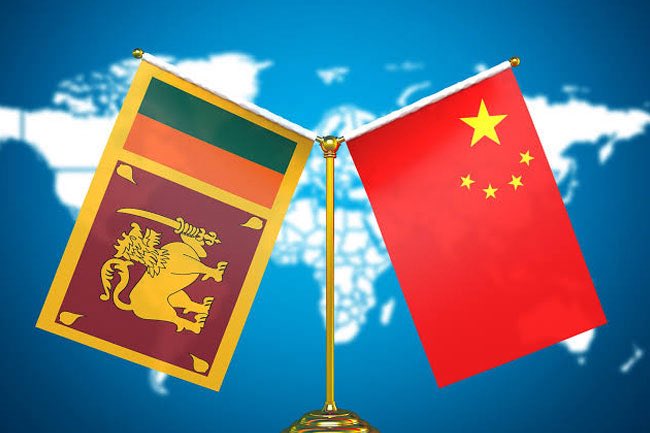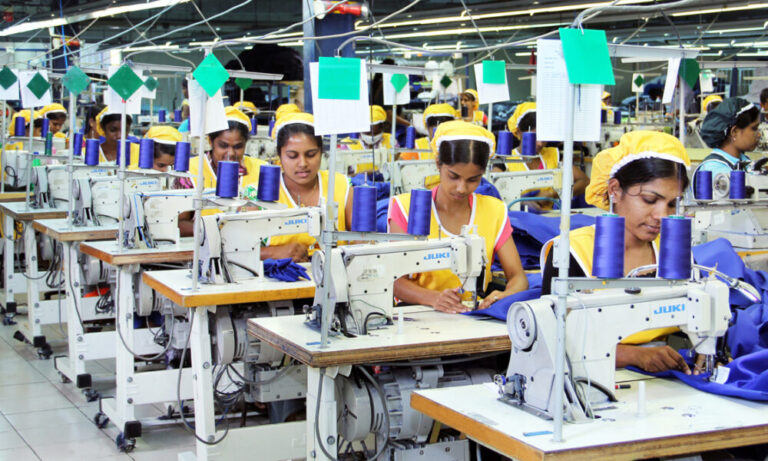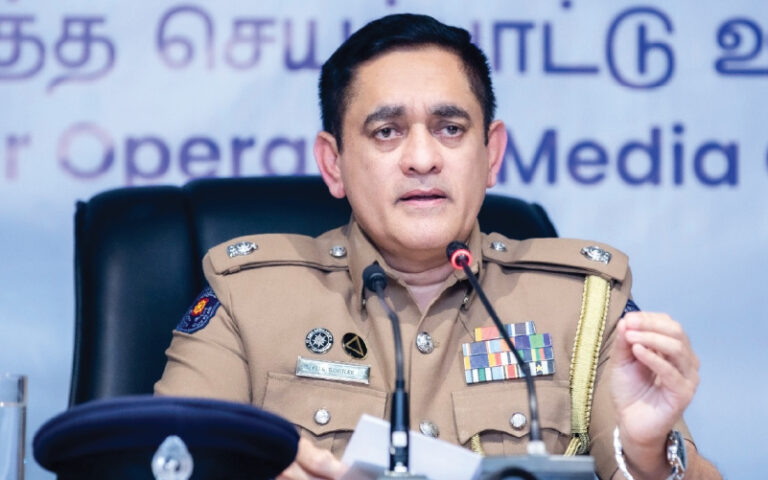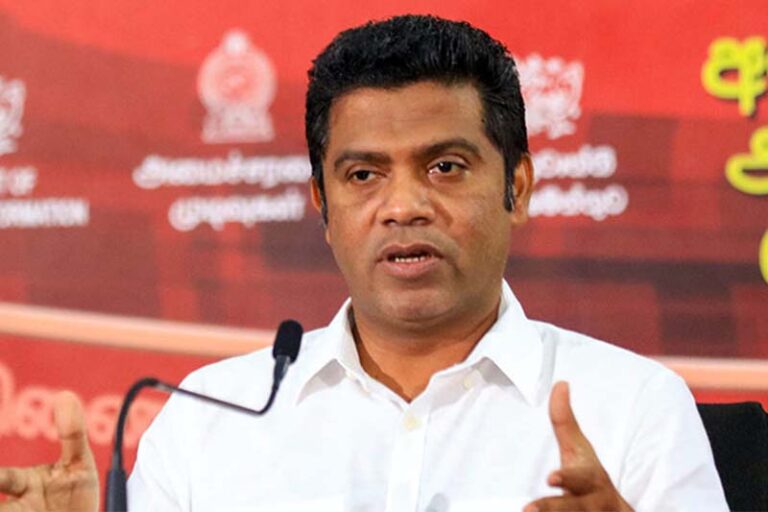The Sri Lankan delegation led by Prime Minister Dr. Harini Amarasuriya showcased the country’s economic recovery, governance reforms and investment opportunities during a series of high-level bilateral meetings on the sidelines of the World Economic Forum in Davos, Switzerland, Finance and Planning Deputy Minister Dr. Anil Jayantha Fernando said.
Speaking to the Daily News from Davos, Dr. Fernando said the engagements were aimed at deepening international partnerships and advancing key national priorities at a crucial time for Sri Lanka’s economic progress and sustainable development. He described the meetings as highly successful, with a strong focus on economic recovery, governance reforms, investment promotion, tourism and post-cyclone rebuilding efforts.
He said the delegation emphasised high-end collaborations, partnerships and investor connections, reflecting Sri Lanka’s continued engagement with global stakeholders to support long-term economic stability.
Discussions were held with representatives of the European Union, United Nations Development Programme (UNDP), International Monetary Fund (IMF), Asian Development Bank (ADB), the President of Singapore, several UN agencies, the Swiss Asian Chamber of Commerce, the Sri Lankan business community in Switzerland, and other international organisations and private sector leaders.
Among the key engagements was a meeting with European Commissioner for International Partnerships Jozef Síkela, which focused on strengthening Sri Lanka–EU cooperation and advancing shared interests. A separate meeting with Masato Kanda, President and Chairperson of the Board of Directors of the ADB, reviewed ongoing cooperation and future collaboration, with Kanda reaffirming ADB’s readiness to support rebuilding and relief efforts following Cyclone Ditwah.
The delegation also met Hassan El Houry, Chairman of Menzies Aviation, to explore opportunities in aviation services and connectivity, and held discussions with Hadja Lahbib, European Commissioner for Preparedness and Crisis Management, during which the Prime Minister expressed appreciation for EU support following the cyclone and requested continued assistance for recovery and development.
At the Global Tourism Forum held at the Euronews Hub in Davos, the Prime Minister highlighted Sri Lanka’s tourism potential and the diverse experiences offered by the country. Meetings were also held with UNDP representatives, including Alexander De Croo, where Sri Lanka expressed gratitude for UN support in flood relief and livelihood assistance.
In addition, talks were held with Robert M. Uggla, Chairman of A.P. Moller Holding, focusing on private sector engagement and potential areas of collaboration. The delegation also met IMF Managing Director Kristalina Georgieva, who reaffirmed the IMF’s commitment to supporting Sri Lanka’s ongoing economic recovery.










